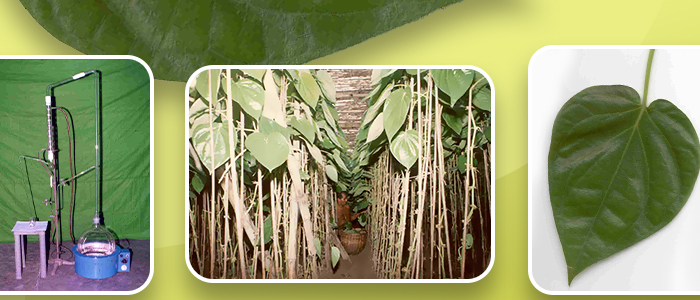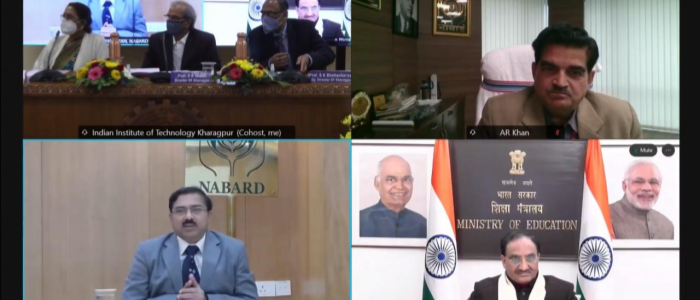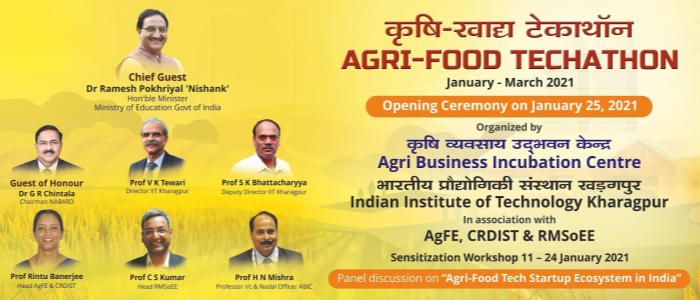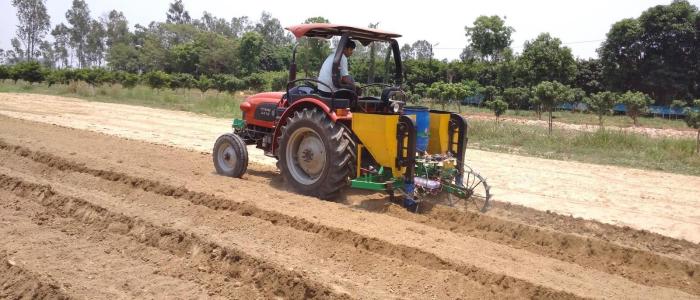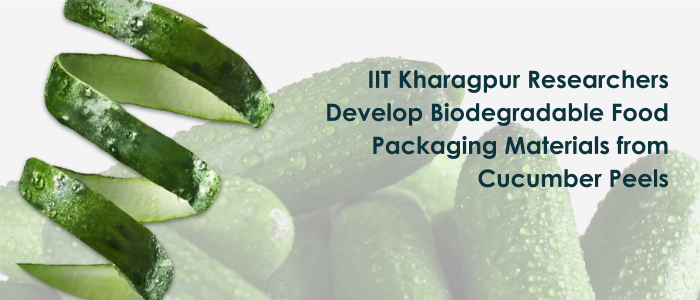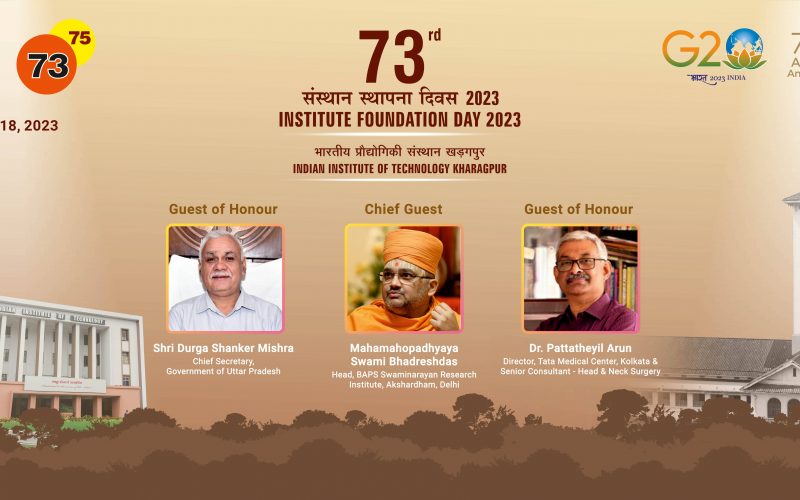
“India is a land of IITs, especially IIT Kharagpur which is the mother of all IITs,” said Mahamohopadhyay Bhadreshdas Swami in the 73rd Foundation of the institute
The Foundation of a Family, that’s where it all began for IIT Kharagpur in 1951. The history of the IIT system dates back to 1946 when a committee was set up by Hon'ble Sir Jogendra Singh, Member of the Viceroy's Executive Council, Department of Education, Health and Agriculture to consider the setting up of Higher Technical Institutions for post war industrial development in India. The 22 member committee headed by Sri N.R. Sarkar recommended the establishment of four Higher Technical Institutions on the lines of the Massachusetts Institute of Technology, USA. With the above recommendations the first Indian Institute of…


